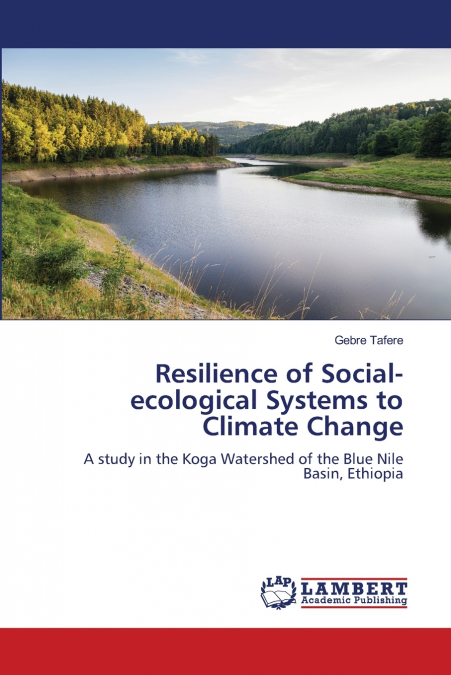
Gebre Tafere
The purpose of assessing resilience is to identify vulnerabilities in social-ecological systems so that action can be taken to create a more sustainable future for people and the land . In the specific case of farming systems, building resilience gives a system the capacity to maintain its functions, for example the ability to feed and clothe people, in the face of shocks while building the natural capital based upon which they depend and providing a livelihood for the people who make it function ). Investigation of those factors that enhance or undermine resilience in our own biophysical, socio-economic and political context may offer us insights that will help to devise climate change adaptation strategies that eventually ensure sustainability.